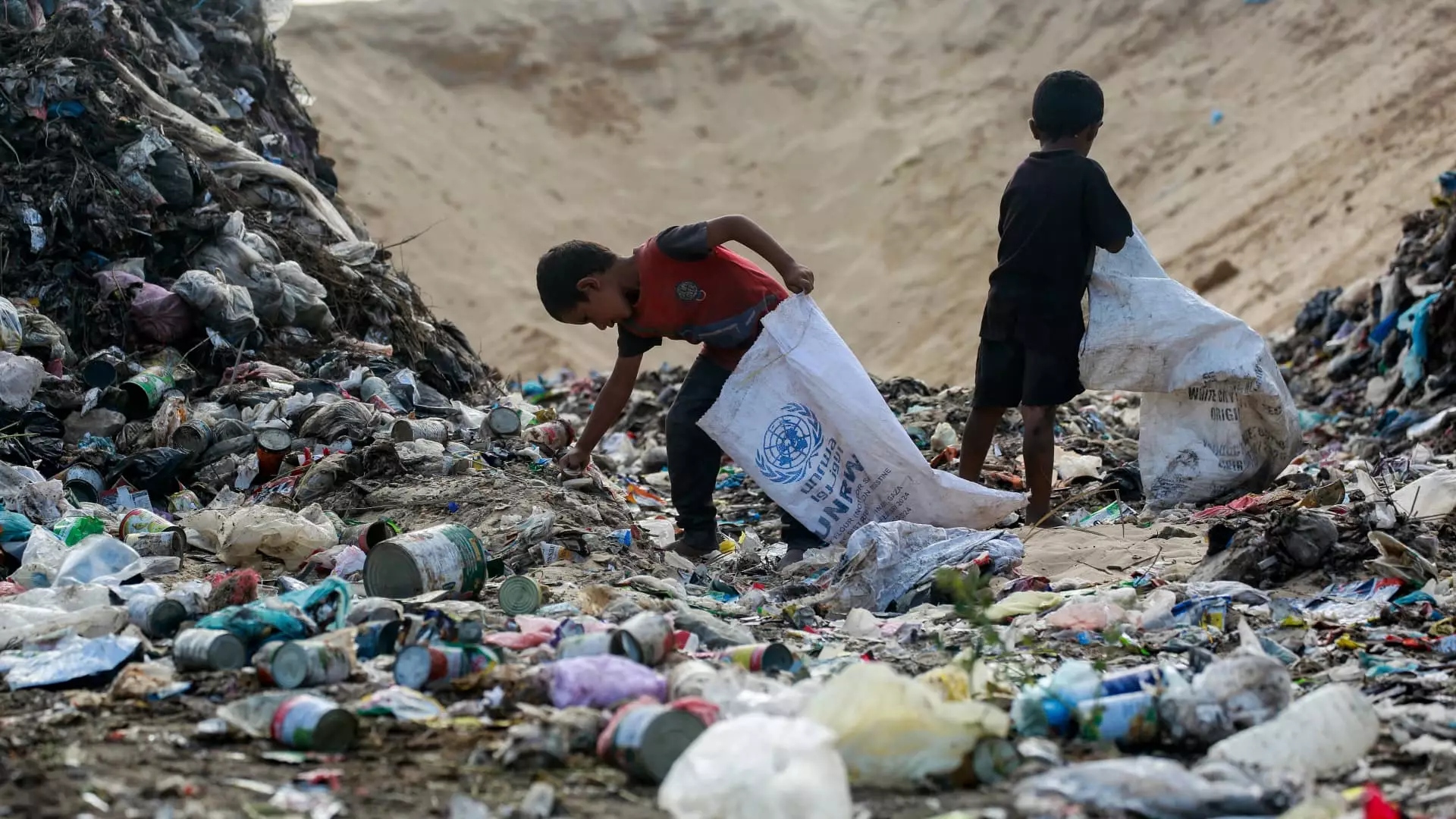In a significant development, the Biden administration has conveyed strong warnings to Israel regarding the escalating humanitarian crisis in Gaza. The recent communication emphasizes a possible reevaluation of military assistance contingent on Israel’s actions over the next 30 days. This shift in tone indicates a growing concern within U.S. policy circles about the humanitarian implications of the ongoing conflict, as well as the pressure from both American citizens and advocacy groups urging a more humanitarian-focused approach to U.S.-Israeli relations.
The letter, addressed to Israeli officials including Defense Minister Yoav Gallant, explicitly states that the U.S. must evaluate whether Israel’s actions are obstructing the transport of humanitarian aid to Gaza. Secretary of State Antony Blinken and Defense Secretary Lloyd Austin underscored that if Israel’s compliance fails to improve, the U.S. might suspend Foreign Military Financing—an essential component of Israel’s defense budget. Such a possibility raises critical questions about the future of U.S. military support in the context of pressing humanitarian needs.
The situation in Gaza continues to deteriorate at an alarming rate. Reports from the Hamas-run Gaza Ministry of Health detail a significant increase in casualties, highlighting the severity of the humanitarian situation. Since the onset of the conflict following the Hamas attack on October 7, 2023, the reported death toll has exceeded 42,000, with thousands more injured. Such staggering numbers evoke urgent calls for international intervention and aid.
The Biden administration’s recent letter reflects ongoing concerns about the “very serious decrease in the level of humanitarian assistance” reaching Gaza. In the wake of international outcry, organizations such as Oxfam and Medical Aid for Palestinians have rallied global leaders to take decisive action against what they describe as an assault on Gaza. The broader implications of this crisis are difficult to ignore; images of devastation and human suffering have ignited debates about ethics, morality, and the responsibilities of nations in conflict zones.
Domestically, the letter from the Biden administration can be seen as a response to growing pressure from various political factions and civil society. Progressive members of the Democratic Party and activists have long advocated for accountability regarding U.S. military aid to Israel, arguing that it should be contingent upon Israel’s treatment of Palestinians. Advocacy groups like IfNotNow have forcefully called for the Biden administration to leverage military funding to pressure Israel toward a ceasefire.
This mounting pressure is particularly notable against the backdrop of shifting public opinion. Polls indicate that a significant portion of Americans, including many Jewish Americans, now favor leveraging military assistance as a means to advocate for humanitarian solutions. Eva Borgwardt, the national spokesperson for IfNotNow, aptly articulated this sentiment: “The administration can and must act now—each day the Biden Administration waits to cut off the flow of bombs, planes, and missiles, the Israeli military uses U.S. resources to perpetuate violence.”
The Biden administration’s stance signals a pivotal moment in U.S.-Israel relations, particularly amid a rising humanitarian crisis in Gaza. The administration’s warning underscores the complexities surrounding military assistance, humanitarian obligations, and domestic political pressures. As the situation continues to evolve, it remains to be seen how the U.S. will navigate the intricate balance between supporting a key ally and addressing the urgent humanitarian needs of those affected by conflict.
The coming weeks may well be crucial not only for the fate of Gaza but also for the future of U.S. foreign policy in the Middle East. The unfolding scenario could redefine existing paradigms and catalyze a broader discourse on the ethical implications of foreign military assistance in protracted conflicts. As the world watches closely, the need for a decisive, compassionate, and responsible approach has never been clearer.


Leave a Reply